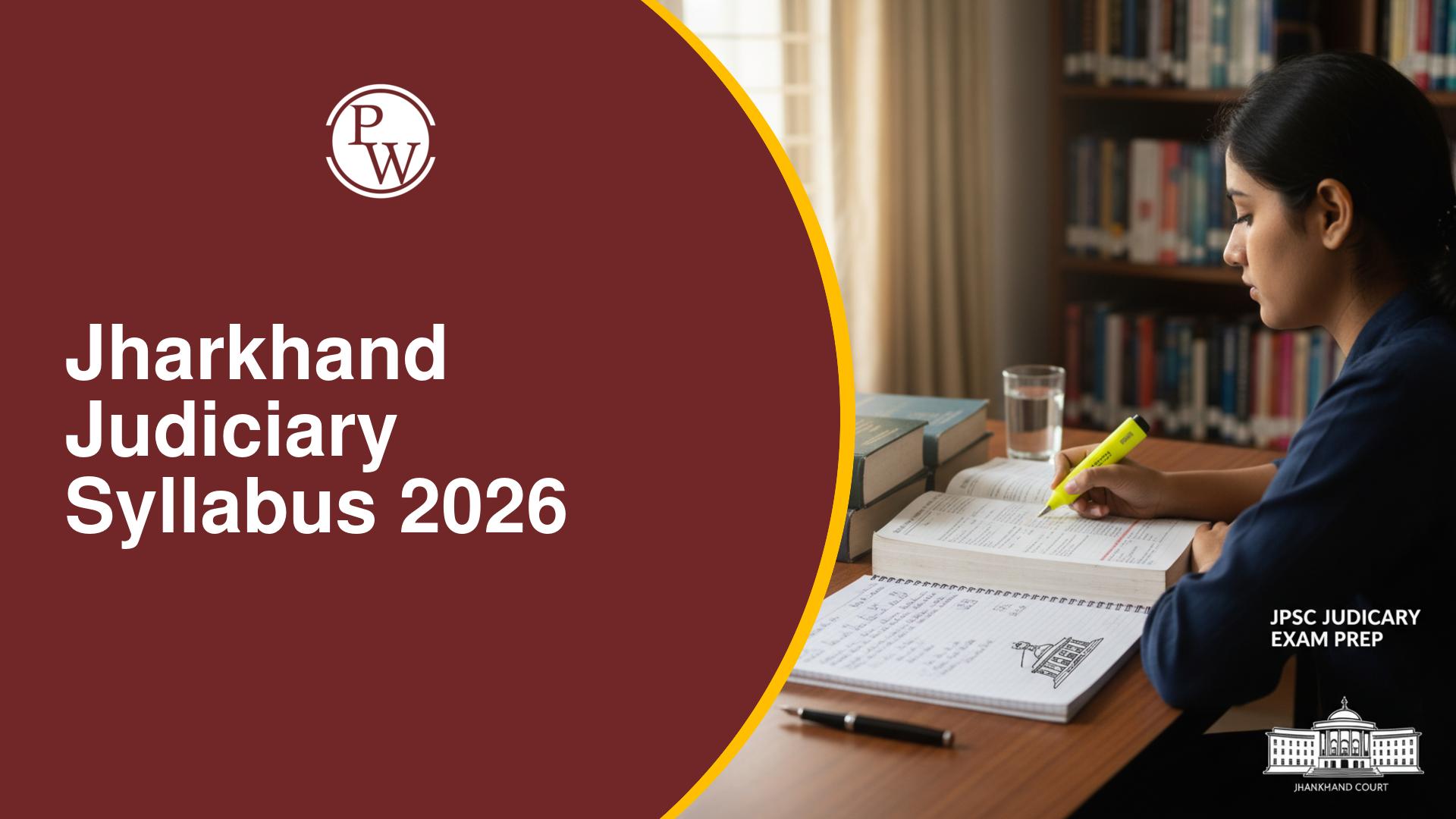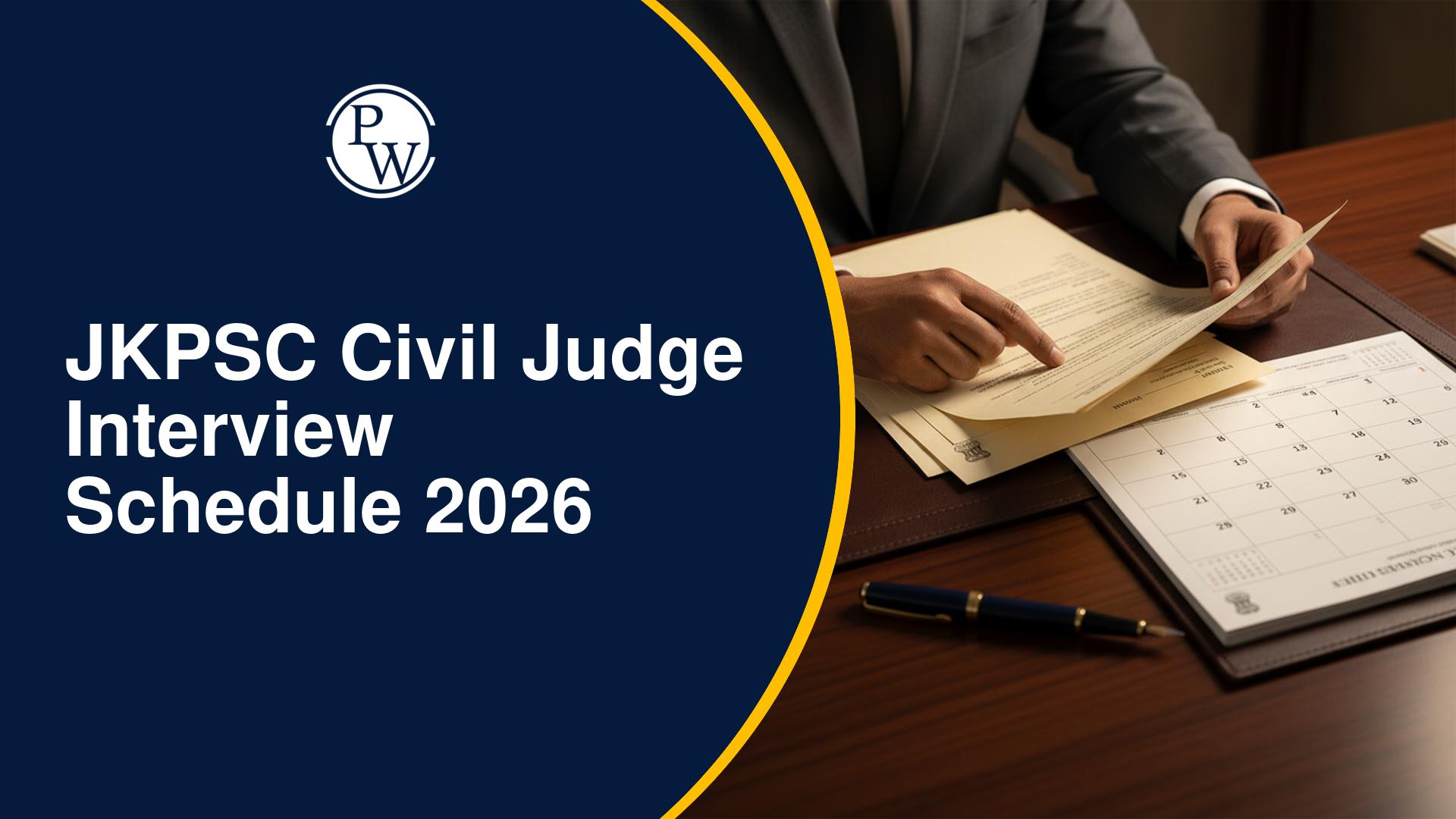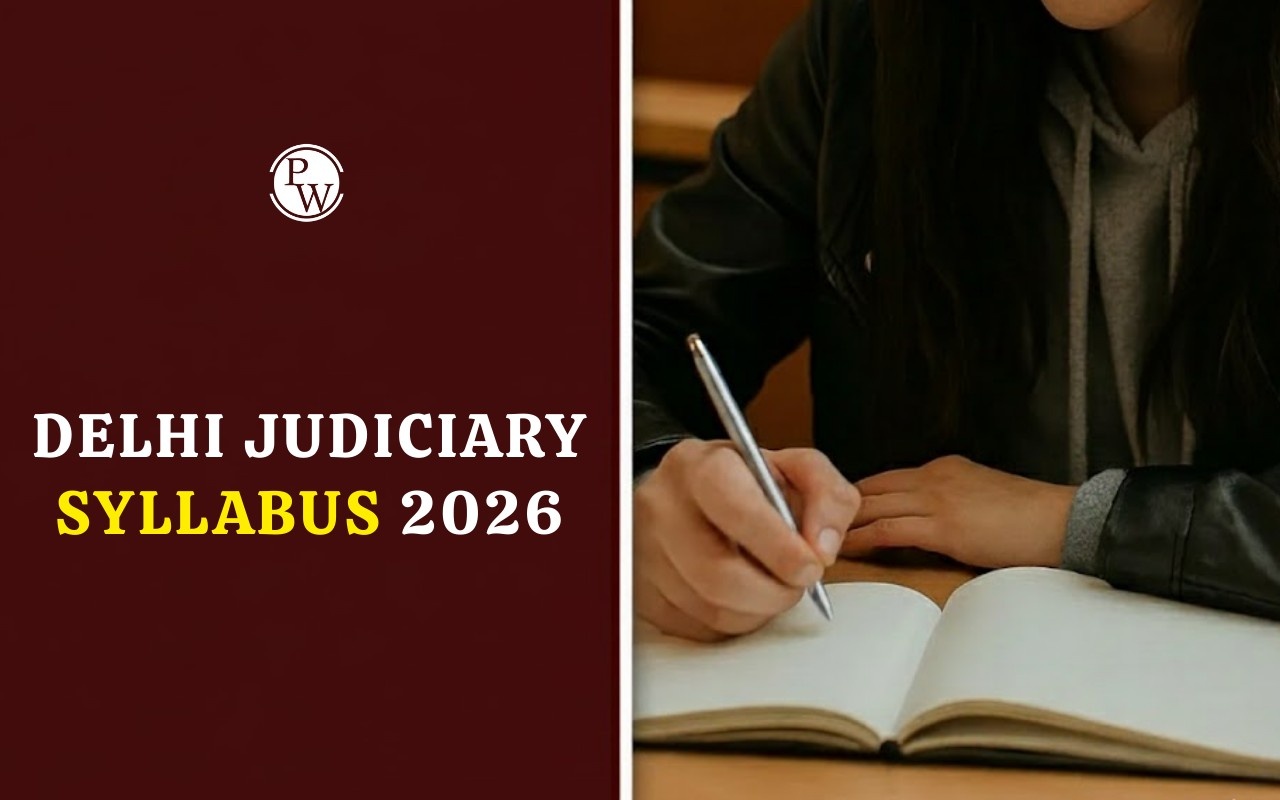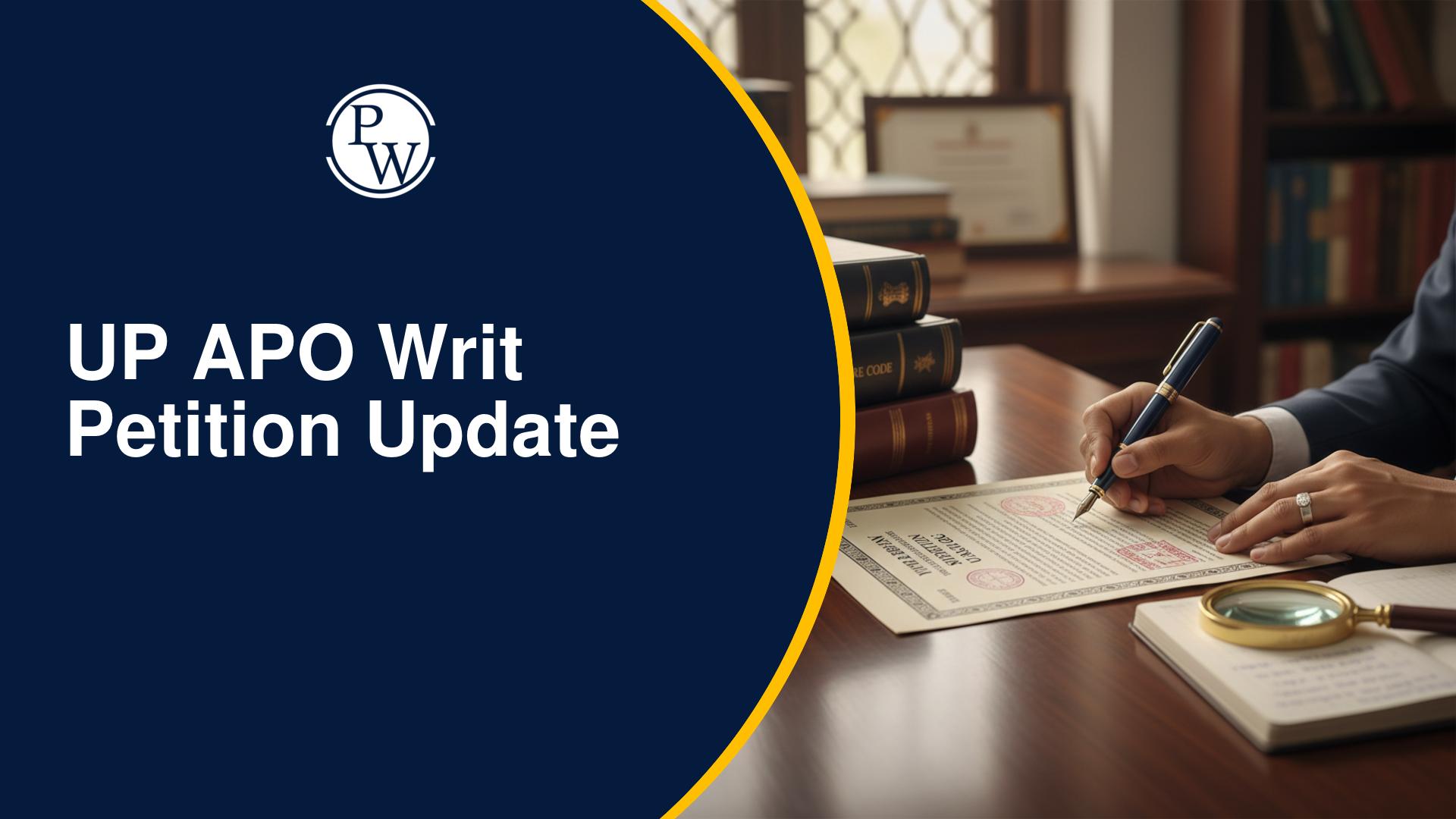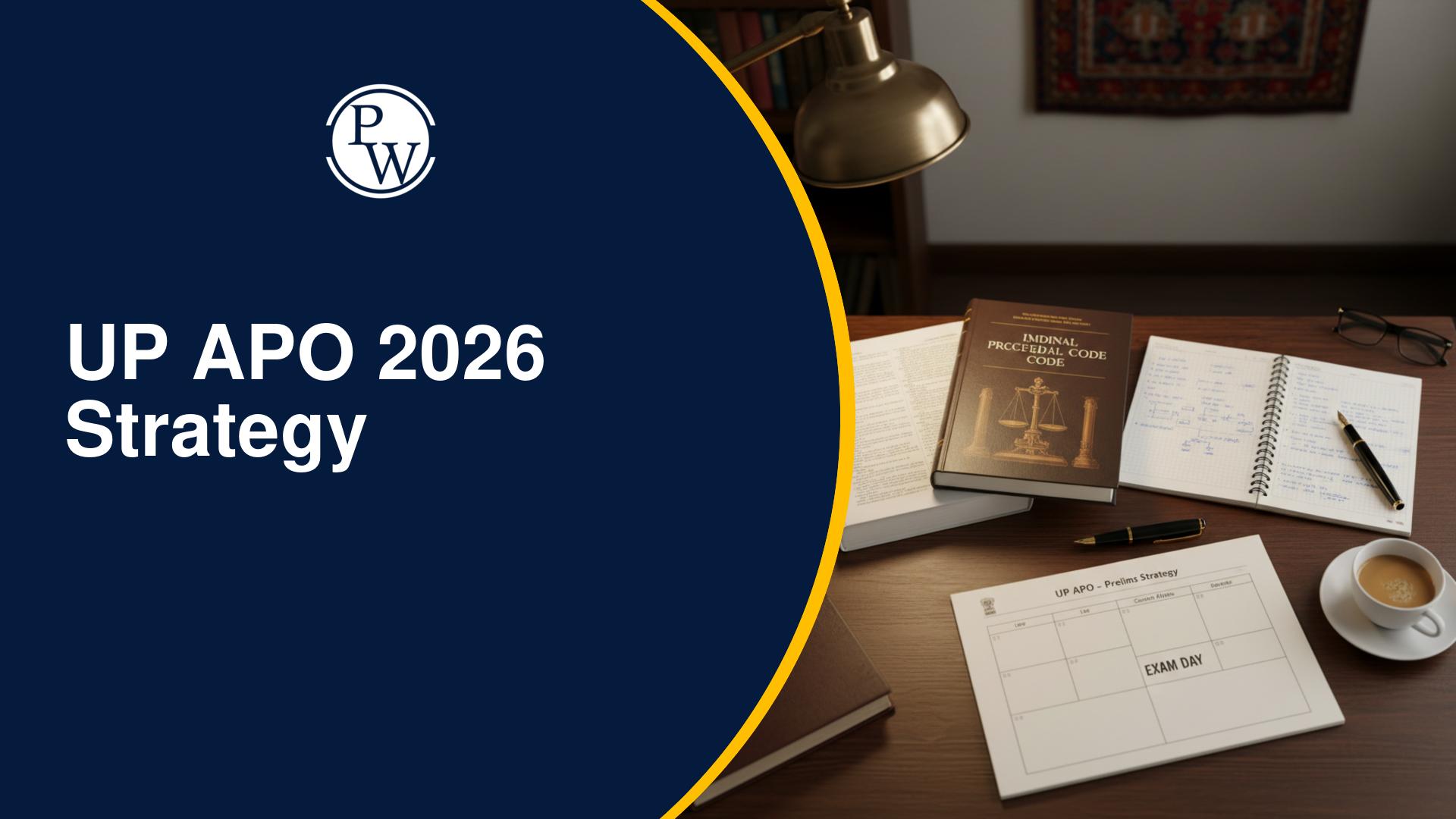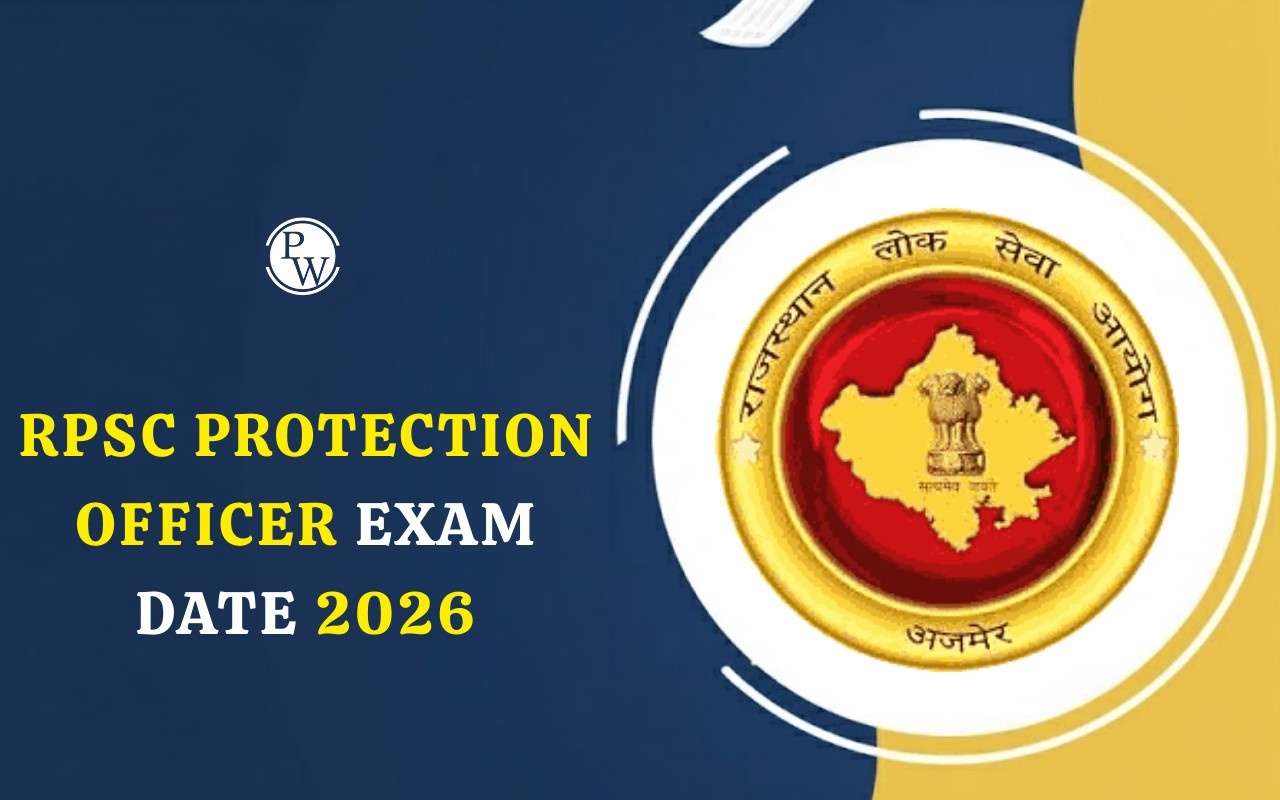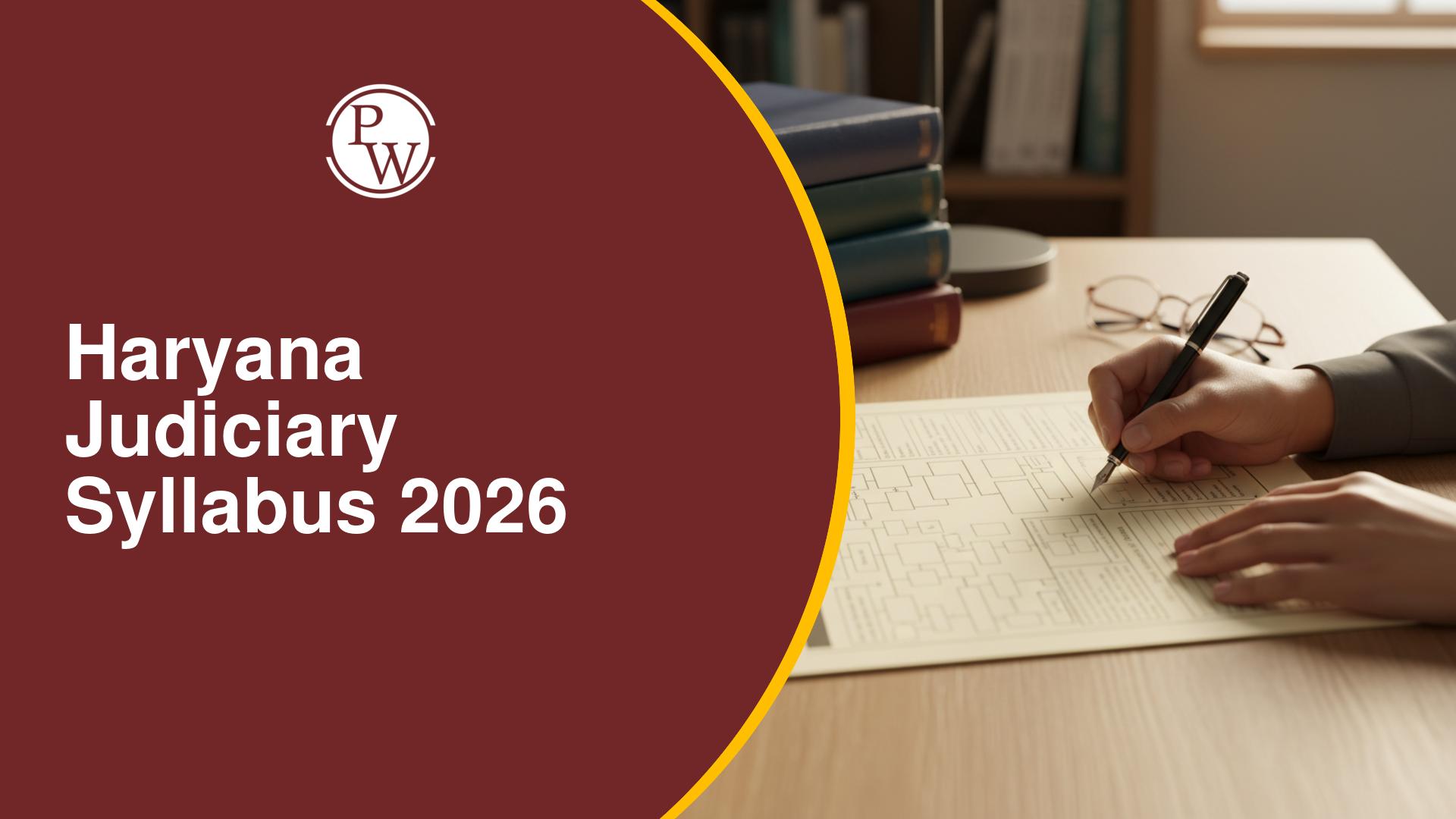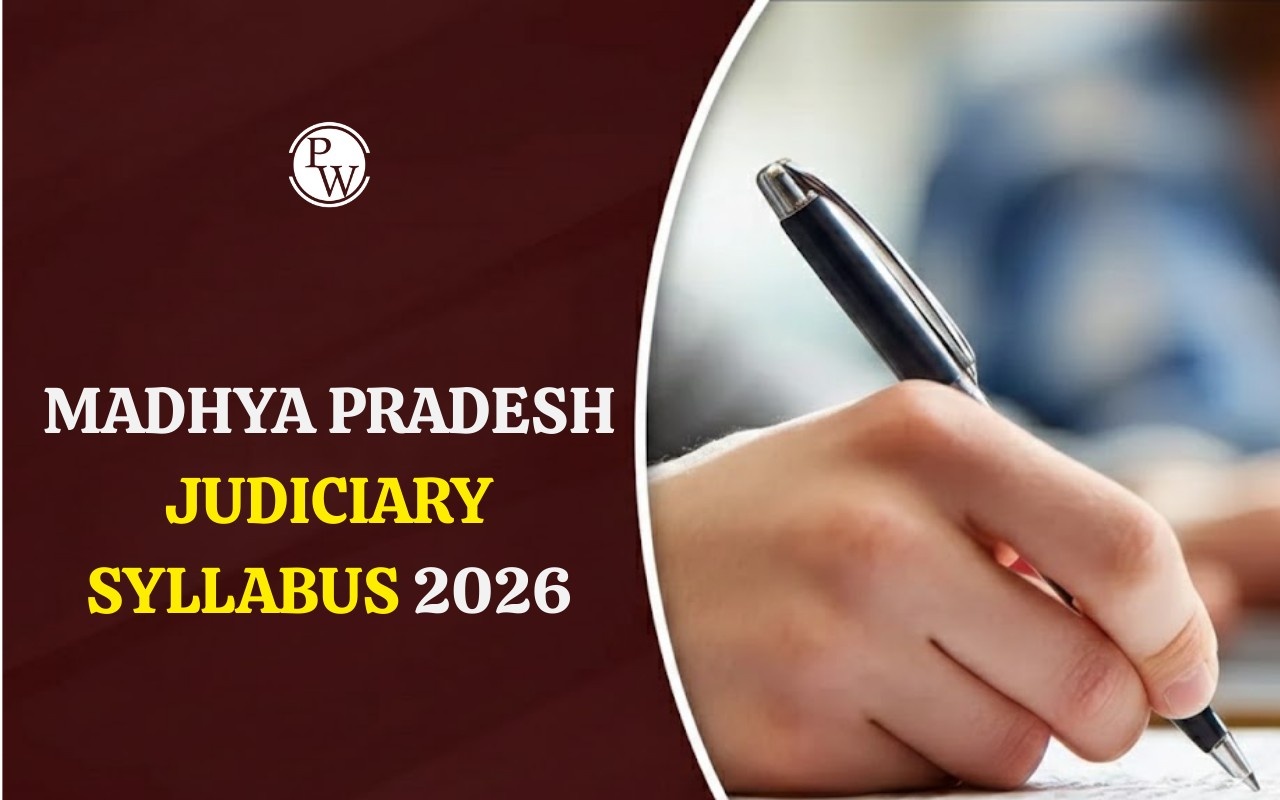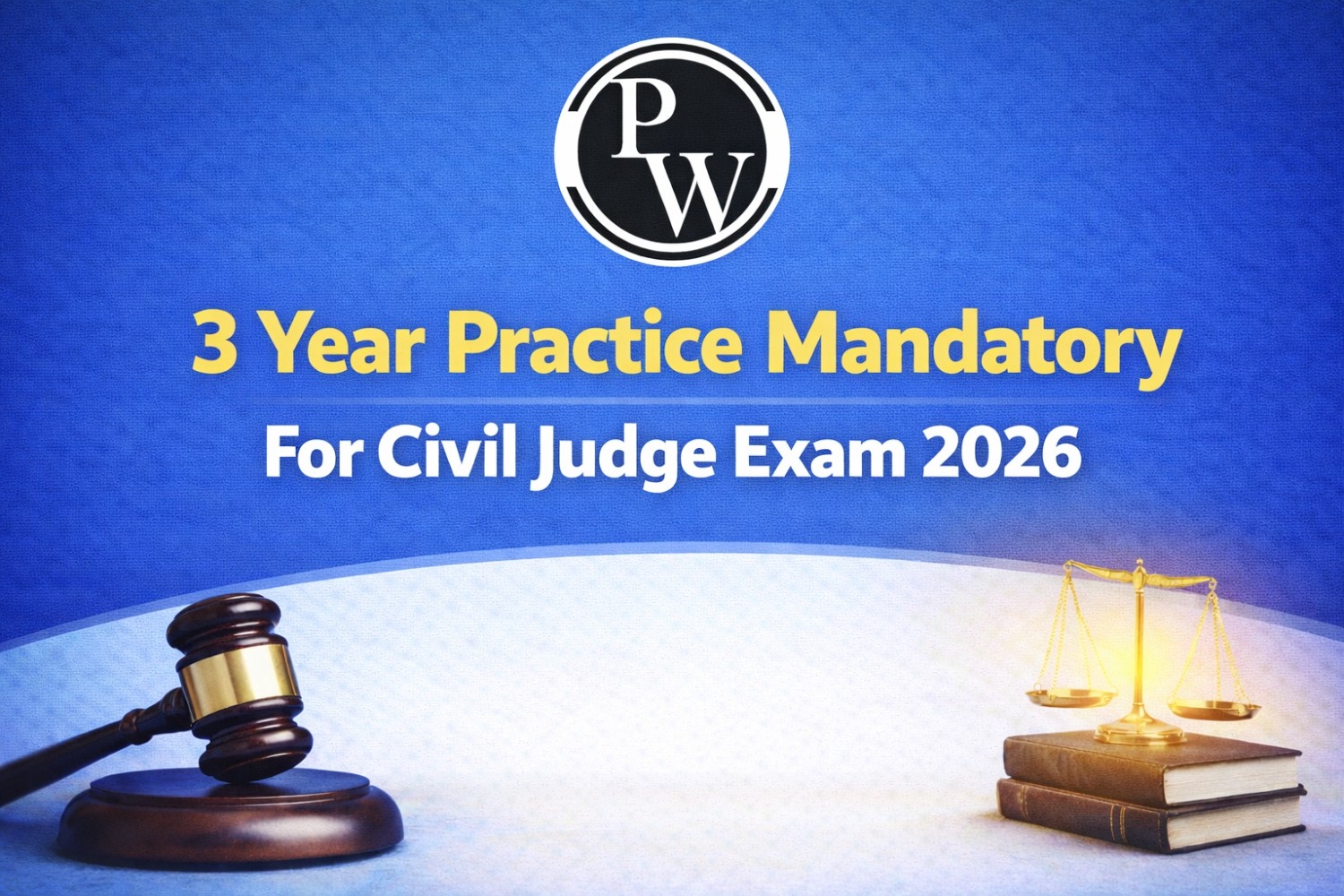
History Questions For UP Judiciary Exam 2024
History Questions For UP Judiciary Exam 2024: Get ready for the UP Judiciary Exam 2024 with a focus on history questions! In this blog post, we'll get into the types of history questions you can expect in the exam. Whether it's dynasties, battles, or conceptual information, understanding history is crucial for scoring well in the General Knowledge Paper of the Prelims stage. While history is a vast subject, it's important to prioritize topics based on their weightage in the exam pattern. For UP Judiciary, history questions typically carry about 20-25 marks, with a heavier emphasis on Ancient History.
History Questions in UP Judiciary Exam 2024 Overview
In this table, we'll explore the essential aspects of history preparation for the UP Judiciary Exam 2024 . From understanding the focus of the history section to simplifying your study approach, we'll cover everything you need to know to excel in the exam. Below is the overview of History Questions For UP Judiciary Exam 2024:| History Questions in UP Judiciary Exam 2024 Overview | |
|---|---|
| Aspect | Details |
| Overview | Discover the essential history questions you need to know for the upcoming judiciary exams! |
| Focus of History Section | The history section of the General Knowledge Paper in the UP Judiciary Exam tests candidates' knowledge of Indian history and culture, especially in Uttar Pradesh. |
| Simplifying Preparation | Aspiring candidates can divide their historical study into two main parts: Indian Culture and Indian History. |
| Categorization of Indian History | Indian History is further categorized into three periods: Ancient India, Medieval India, and Modern India. |
UP Judiciary Exam Preparation Important History Topics
To prepare for the UP Judiciary Exam, focus on these history topics:| UP Judiciary Exam Preparation Important History Topics | |
|---|---|
| History Period | Topics |
| Ancient History | Study the Indus Valley Civilization, the Maurya Empire, the Gupta Dynasty, and other important dynasties and events from ancient times. |
| Medieval History | Learn about the Delhi Sultanate, Mughal Empire, and Maratha Empire, and how they influenced India during the medieval period. |
| Modern History | Understand the era of British rule in India, the Indian independence movement, and the formation of the Indian Constitution. |
| World History | Analyze significant events, innovations, and figures from world history, such as the Renaissance, the Industrial Revolution, and the Cold War. |
History Questions For UP Judiciary Exam 2024 FAQs
Is history important for judiciary exam?
Yes, history holds significance for judiciary exams, particularly in the context of the UP Judiciary Exam Pattern. However, candidates need not delve into the entire scope of the subject. Instead, they should focus on areas allocated weightage within the exam pattern. In the UP Judiciary exam, history questions carry approximately 20-25 marks. Notably, a majority of these questions pertain to Ancient History.
Who is eligible for judiciary exam 2024?
To be eligible for the judiciary exam in 2024, you need to be an Indian citizen. Your age should be between 22 and 35 years. Additionally, you must hold a valid LLB or an equivalent degree from an institute recognized by the Bar Council of India. For the Preliminary Examination, general candidates must score at least 45%, while reserved candidates must score a minimum of 40%.
Which state has toughest judiciary exam?
The judiciary exam widely regarded as the most challenging in India is the Delhi Judicial Service Examination. Administered by the Delhi High Court for the role of Civil Judge, it includes Preliminary Exam, Mains Exam, and Personal Interview stages.
What are the questions asked for judiciary exam?
In Judiciary Prelims, candidates often encounter legal GK questions covering various aspects of law and judicial history. These questions may include inquiries about the tenure of Chief Justices of India, the constitution of benches in the Supreme Court, and the composition of Constitutional Benches. Understanding these topics is crucial for aspirants preparing for judicial examinations, as they provide insights into the functioning and structure of the Indian judiciary.
Is judiciary is very tough?
Certainly, the judiciary examination is widely regarded as one of the most challenging exams in India. If you aspire to succeed in this field, it's essential to understand the necessary steps to prepare effectively.
🔥 Trending Blogs
Talk to a counsellorHave doubts? Our support team will be happy to assist you!

Check out these Related Articles
Free Learning Resources
PW Books
Notes (Class 10-12)
PW Study Materials
Notes (Class 6-9)
Ncert Solutions
Govt Exams
Class 6th to 12th Online Courses
Govt Job Exams Courses
UPSC Coaching
Defence Exam Coaching
Gate Exam Coaching
Other Exams
Know about Physics Wallah
Physics Wallah is an Indian edtech platform that provides accessible & comprehensive learning experiences to students from Class 6th to postgraduate level. We also provide extensive NCERT solutions, sample paper, NEET, JEE Mains, BITSAT previous year papers & more such resources to students. Physics Wallah also caters to over 3.5 million registered students and over 78 lakh+ Youtube subscribers with 4.8 rating on its app.
We Stand Out because
We provide students with intensive courses with India’s qualified & experienced faculties & mentors. PW strives to make the learning experience comprehensive and accessible for students of all sections of society. We believe in empowering every single student who couldn't dream of a good career in engineering and medical field earlier.
Our Key Focus Areas
Physics Wallah's main focus is to make the learning experience as economical as possible for all students. With our affordable courses like Lakshya, Udaan and Arjuna and many others, we have been able to provide a platform for lakhs of aspirants. From providing Chemistry, Maths, Physics formula to giving e-books of eminent authors like RD Sharma, RS Aggarwal and Lakhmir Singh, PW focuses on every single student's need for preparation.
What Makes Us Different
Physics Wallah strives to develop a comprehensive pedagogical structure for students, where they get a state-of-the-art learning experience with study material and resources. Apart from catering students preparing for JEE Mains and NEET, PW also provides study material for each state board like Uttar Pradesh, Bihar, and others
Copyright © 2026 Physicswallah Limited All rights reserved.
